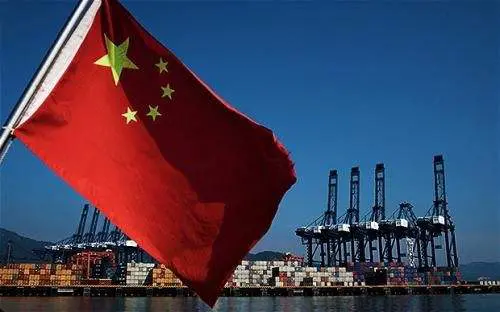Weeks of political unrest in Thailand has culminated with anti-government protestors marching on to capture state offices and opposition Democrats slashing at Prime Minister Yingluck Shinawatra in a censure debate.
Observers are divided in predicting the future of the incumbent government, and the possibility of a military coup is not ruled out.
Given the current situation, there may be three scenarios, said Pornchai Trakulwaranont, Vice Rector for Administration at Thammsat University.
In the first scenario, Yingluck Shinawatra steps down and the House of Representatives chooses another prime minister, which now seems quite "impossible," he said.
In the second scenario, which Pornchai believed would most likely happen, street protests lead to the dissolution of the House and then a new general election.
During the two-day censure debate that started on Tuesday morning, dissolving the House is not allowed, so Yingluck will have to wait till the debate ends, according to Pornchai.
Earlier this month, the opposition Democrats submitted a censure motion against Yingluck and Interior Minister Charupong Ruangsuwan.
They also filed an impeachment motion against the two and Deputy Prime Minister Plodprasop Suraswadi for abusing power and violating laws.
Opposition leader Abhisit Vejjajiva attacked Yingluck in Tuesday's debate, calling her the center of corruption practices.
Yingluck will eventually win the voting, which is scheduled for Thursday, but what has and will be exposed by the Democrat Party against the government in the debate will help the opposition and street protestors gain stronger support, Pornchai predicted.
In case of a new election, the now-ruling Pheu Thai Party is highly likely to grab an easy win, as the five-year political ban for 109 pro-Thaksin politicians will be lifted early next month and these skillful political figures will enter the election and help Pheu Thai secure victory, Pornchai explained.
But Pavin Chachavalpongpun, associate professor with Kyoto University's Center for Southeast Asian Studies, said otherwise.
Protestors would not be satisfied even if Yingluck stepped down or dissolved the House to call a snap election, Pavin said.
They resolved to root out the "Thaksin regime" allegedly carried out by Yingluck, he added.
Pavin proposed the possibility of ongoing protests ending up in a fresh military coup shortly.
The current political tension might intensify to the extent that the incumbent government might be unable to maintain the rule of law or keep the situation under control, he said.
"The military might overthrow the government since they already did so to a previous government under Thaksin (Shinawatra)," he said, referring to the former Thai leader, Yingluck's brother, who was ousted in a 2006 coup.
Though military leaders have repeatedly dismissed speculation that they might overthrow the Yingluck government in a coup, such possibilities simply cannot be ruled out, he said.
The protesters would be pleased and immediately call off their street rallies if the military staged a coup, Pavin argued.
In the third scenario envisioned by Pornchai from Thammsat University, all parties in the House of Representatives form a national government, with new ministers chosen from all parties. " There is slim chance of this happening," Pornchai said.
The Criminal Court approved an arrest warrant Tuesday for Suthep Thaugsuban, former Democrat MP and also a key rally leader, for leading protestors to occupy several government ministries in an effort to topple the government.
The police are gathering more evidence against other protest leaders, deputy chief of the Metropolitan Police Bureau Kachornsak Pansakorn said.
The court will not press charges against too many people so as not to further provoke protestors and escalate the situation, Pornchai said.
 简体中文
简体中文

